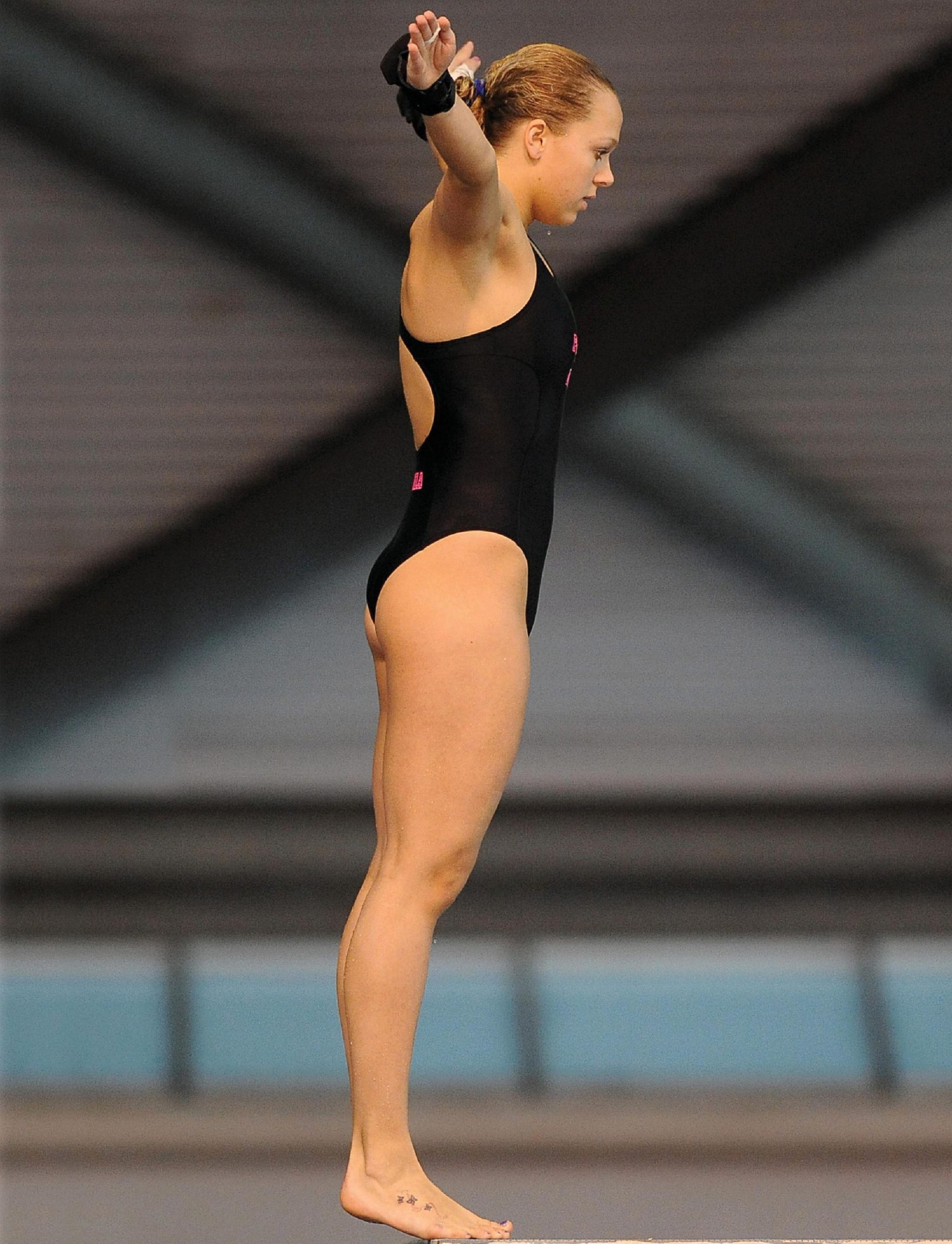
One of the most consistent findings in the ‘peak performance’ literature is the direct correlation (link) between high levels of self-confidence and successful sporting performance. However, even at the Olympic level, athlete confidence is reported to be susceptible to instability. Given that self-confidence in sport is so important, and yet seemingly so fragile, it is unsurprising that the study of self-confidence figures prominently in sport psychology research literature, with social cognitive theories of self-confidence providing the basis for the majority of this work. Examples include Bandura’s (1977, 1997) self-efficacy theory, and Vealey’s initial (1986) and reconceptualised (2001) models of sport confidence.
Self-efficacy One’s belief that a certain level of performance can be attained (Bandura, 1977).
Your organisation does not have access to this article.
Sign up today to give your students the edge they need to achieve their best grades with subject expertise
Subscribe




